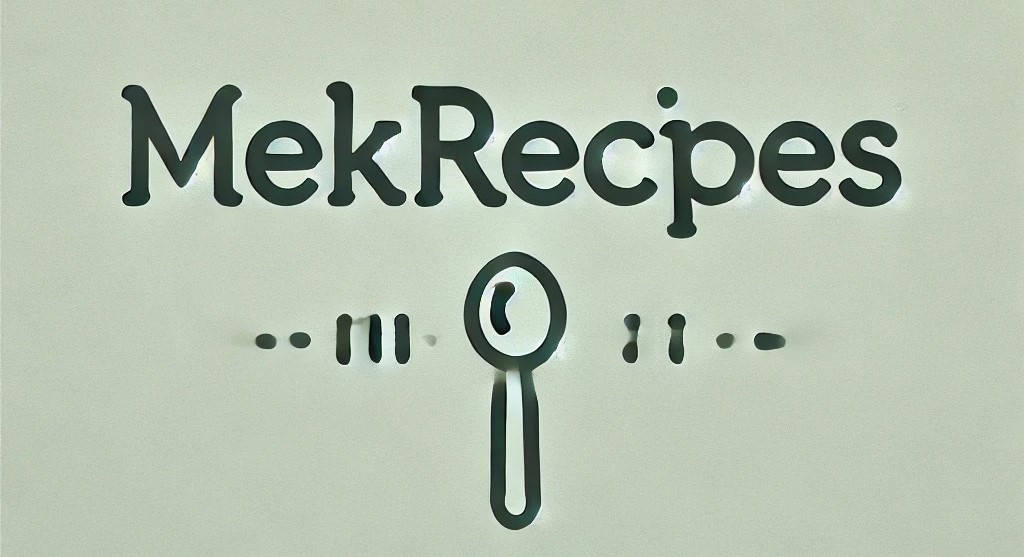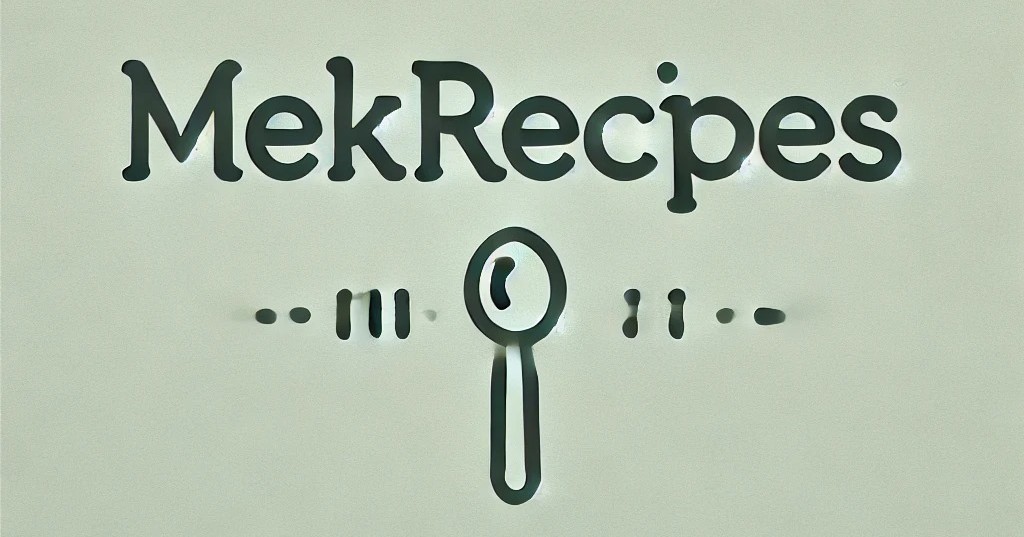
Andrew Grimm parked in downtown Portland, used the Parking Kitty app to pay for an hour and 19 minutes after which let his automotive sit for seven days because the tickets piled up.
Lastly, town had the automotive towed.
Grimm on Friday misplaced the second spherical in his seven-year effort to sue town, alleging it violated his due course of rights by not giving ample warning of the tow.
U.S. District Decide Michael W. Mosman earlier granted town’s movement to throw out the case. Grimm appealed and a three-judge federal appellate panel affirmed Mosman’s ruling final week. The appellate courtroom’s ruling marked its second opinion within the case. In 2020, it despatched the case again to Mosman after discovering he had relied on the fallacious authorized commonplace for throwing out Grimm’s swimsuit.
Town offered cheap warning and didn’t violate Grimm’s 14th Modification rights, the ninth U.S. Circuit Court docket of Appeals panel dominated on Friday.
Grimm and his lawyer had argued that the buildup of parking tickets confirmed Grimm hadn’t seen them and hadn’t acquired correct discover.
They cited a Washington, D.C., appeals courtroom choice in contending {that a} authorities should ship a “discover by mail” earlier than towing a automotive.
However the ninth Circuit mentioned that’s pointless and impractical.
“Our precedents have already made clear {that a} ticket positioned on a automotive usually supplies ample discover of an impending tow,” Decide Holly A. Thomas wrote within the 15-page opinion.
Grimm had paid to park on Southwest Corridor Avenue, between Fourth and Fifth avenues, from 5:41 p.m. to 7 p.m. on Dec. 14, 2017, utilizing the Parking Kitty cell app. He acquired notifications through his cellphone when his parking session was about to run out and when it did. He didn’t pay to increase his time or begin a brand new parking session or transfer his automotive.
The car registration for his Honda Accord was updated on the time, however the registration tags on the license plates had expired in June 2017.
A parking enforcement officer on Dec. 15 issued two citations and put them on the Accord’s windshield — one for illegal parking and one other for failure to show present registration tags.
On Dec. 18, an officer issued two extra citations for a similar violations and positioned them on high of the opposite two.
On Dec. 19, an officer put one other quotation on high of the stack for parking unlawfully and in addition positioned a crimson slip warning on the automotive, saying it will be towed if not moved, with the phrase “WARNING” in massive print.
On Dec. 21, an officer positioned a last crimson slip warning on the automotive , displaying the phrase “TOW” on one facet. The officer then contacted Retriever Towing, which towed the Accord later that day.
As soon as the automotive was towed, town mailed a tow discover to the handle listed on the automotive’s registration however didn’t in any other case attempt to contact Grimm.
Grimm, 35, paid $514 to retrieve the automotive from the tow yard that Dec. 30. The following month on Jan. 29, 2018, he filed swimsuit in opposition to town.
The appeals courtroom discovered that town offered Grimm with all of the discover required by regulation, declaring that Grimm had two days to keep away from the tow.
The ruling additionally famous that town didn’t readily know Grimm’s title and handle as a result of the automotive was registered to his father with a third-party lienholder.
Town additionally had no entry to Grimm’s info or any capacity to contact him by the Parking Kitty app, the ruling mentioned.
However the appeals panel discovered that even when the automotive had been registered to Grimm or if town may have gotten his cellphone quantity or electronic mail by the app, it wasn’t required to trace him down earlier than having his automotive towed.
The Washington, D.C., ruling concerned discover required earlier than a automotive is destroyed, not earlier than it’s towed, the ninth Circuit famous.
The appellate panel thought-about whether or not town ought to have recognized that its makes an attempt to inform Grimm of the violations had failed as a result of the citations and tow slips remained undisturbed on the automotive.
The ninth Circuit identified that nothing in regards to the metropolis’s technique of discover required Grimm to verify he had acquired the citations or warning slips.
Discover doesn’t turn out to be ample solely when receipt is confirmed, the courtroom dominated.
“Underneath the strategy Grimm advocates, people would want to often take away citations from their autos to reveal that they’d acquired discover — and would have good incentive not to take action in the event that they wished to keep away from being towed,” Thomas wrote.
Gregory William Keenan, a lawyer with the New York-based Digital Justice Basis who represented Grimm, argued that town ought to have obtained the driving force’s electronic mail or cellphone quantity from the Parking Kitty app.
“Mr. Grimm had offered his contact info to Parking Kitty. He had been requested how he’d prefer to be contacted. And he had acquired quite a few individualized notices about his automotive and his automotive’s parking standing through Parking Kitty — simply not in regards to the tow,” Kennan wrote.
Governments are doing much less to satisfy their constitutional obligations to offer discover earlier than taking somebody’s property, even with superior expertise that makes it simpler, he wrote.
Town was obligated to make use of different strategies to inform Grimm of the violations earlier than towing the automotive, he argued.
“If the federal government has undertaken immense effort and spent hundreds of thousands of taxpayer {dollars} to digitally overhaul its parking regime round its personal Parking Kitty app, is it an excessive amount of to ask that the federal government request that the app present discover by pre-existing technique of communication or utilizing the knowledge collected through app?” Kennan requested in his transient.
Town countered that it didn’t have entry to the non-public info Grimm offered to the parking app.
A 3rd occasion, Passport Inc., operates Parking Kitty, Deputy Metropolis Lawyer Elsa C.W. Haag wrote in a courtroom transient.
“The Metropolis contracts with Passport to offer a remote-payment various to paying ‘at bodily pay stations,’ which stay out there, however the Metropolis didn’t design Parking Kitty and doesn’t management its performance,” she wrote.
Grimm ended up paying $10 for failure to show present registration.
Neither Grimm nor his lawyer responded to electronic mail and cellphone messages in search of remark in regards to the opinion or whether or not they might enchantment additional.
The San Francisco Coalition On Homelessness, the Attorneys’ Committee for Civil Rights of the San Francisco Bay Space and Bay Space Authorized Support submitted a joint friend-of-the-court transient in assist of Grimms’ swimsuit. They argued that cities ought to be required to take “practicable steps,” resembling consulting “present, simply accessible digital databases,” to offer automotive homeowners direct discover earlier than seizing property.
But town of Los Angeles, metropolis and county of Honolulu, League of California Cities and the Washington State Affiliation of Municipal Attorneys submitted a joint friend-of-the-court transient in assist of town of Portland’s place. Had the appellate panel favored Grimm, it will have imperiled “towing regimes” by the circuit, “heralding a sea-change” in practices, they argued.
— Maxine Bernstein covers federal courtroom and prison justice. Attain her at 503-221-8212, mbernstein@oregonian.com, observe her on X @maxoregonian, or on LinkedIn.
Our journalism wants your assist. Subscribe at this time to OregonLive.com.
If you buy a product or register for an account by a hyperlink on our web site, we could obtain compensation. By utilizing this web site, you consent to our Person Settlement and agree that your clicks, interactions, and private info could also be collected, recorded, and/or saved by us and social media and different third-party companions in accordance with our Privateness Coverage.



